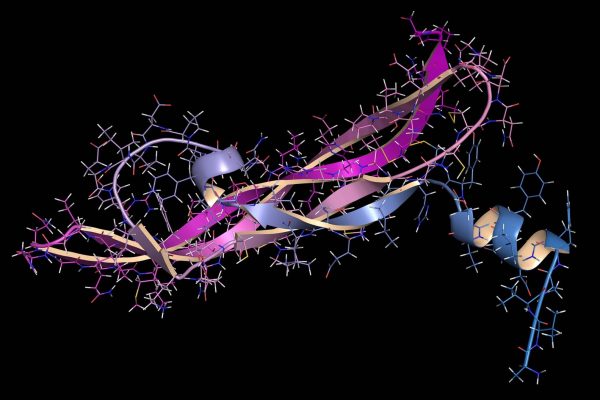The Crucial Role of Post-Translational Modifications in Protein Expression
Post-translational modifications (PTMs) are essential for many proteins—affecting their folding, stability, and function. But not all expression systems are created equal when it comes to PTM capabilities. Here’s how to make the right choice.
Bacterial expression systems excel at producing simple proteins but lack the machinery for complex PTMs. This limitation can result in nonfunctional or misfolded proteins, especially when expressing eukaryotic targets.
Insect cells bridge this gap, offering many essential PTMs, though some, like glycosylation, are less sophisticated than those in mammalian cells.
For the most accurate PTMs, mammalian cell expression systems are unparalleled, ensuring proper folding and functionality for complex recombinant proteins.
Consider the protein’s end use. If PTMs are critical for the protein’s structure or function, bypass bacterial systems and invest in insect or mammalian cells to ensure optimal results.
Key Takeaways:
- Bacterially expressed proteins lack complex PTMs; ideal for simple proteins.
- Insect cells offer improved PTM, but with limitations.
- Mammalian systems provide the most sophisticated PTM capabilities.
- Align the system choice with the protein’s functional requirements.
Proteos will work with you to identify and implement the optimal expression system for your project needs. Contact us to learn more about our customizable solutions for recombinant protein production.


